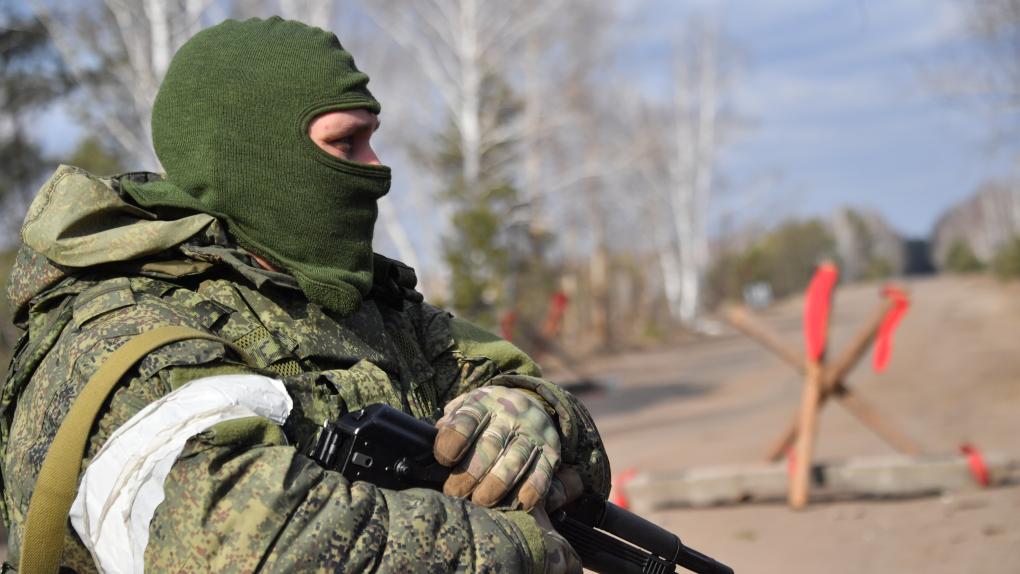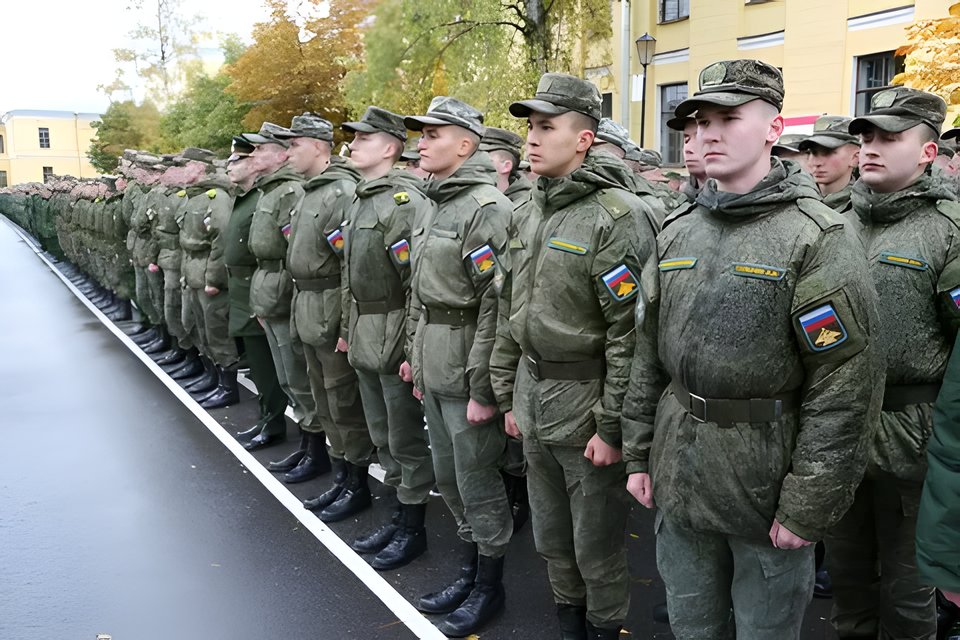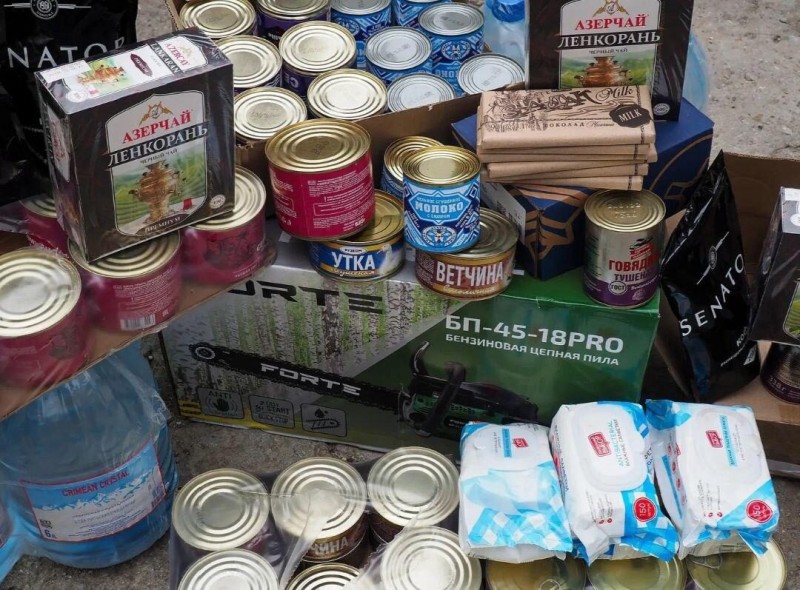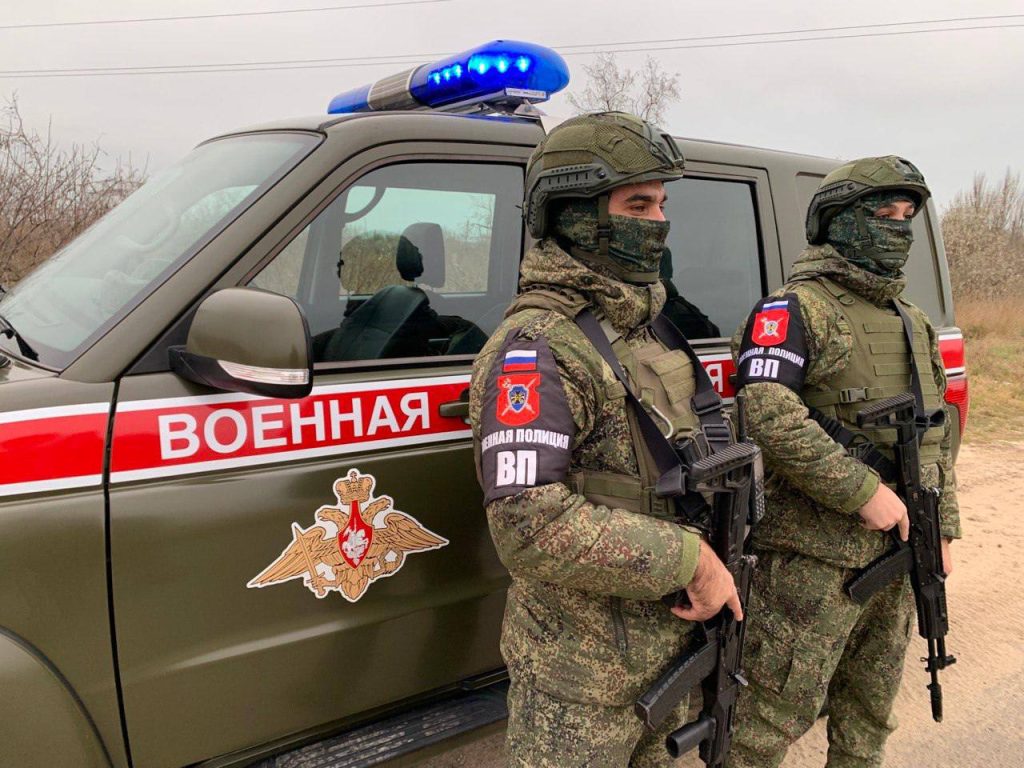1/ Russian warbloggers continue to be furious that, as one puts it, "our oil refineries continue to leave the chat". They are turning their anger on "oil barons" who, they suspect, are happy to see refineries exploding if it boosts their profits. ⬇️
https://x.com/Mylovanov/status/1962210660051239311
2/ As the Russian government appears powerless to stop an intensive Ukrainian campaign against the country's refineries, warbloggers are now shifting to blaming the country's oil producers for failing to protect their own facilities.
https://x.com/ChrisO_wiki/status/1961520971396816962
3/ 'Veterans' Notes' comments:
"The enemy continues to systematically attack Russia's oil and gas infrastructure. According to experts, about 21% of all oil and gas refineries and stations have already been damaged or destroyed.
"The enemy continues to systematically attack Russia's oil and gas infrastructure. According to experts, about 21% of all oil and gas refineries and stations have already been damaged or destroyed.
4/ "If this continues, Russia risks facing a serious fuel crisis.
5/ "Oil companies say that the current legislation prevents them from building a full-fledged defence of oil refineries, which does not allow them to arm their private security companies with the weapons necessary to protect their infrastructure, and they are shifting the blame…
6/ …to the security forces – the Ministry of Defence and the Russian National Guard.
But while this seesaw continues, our oil refineries continue to leave the chat. Someone must put an end to this and finally systematise and organise everything.
But while this seesaw continues, our oil refineries continue to leave the chat. Someone must put an end to this and finally systematise and organise everything.
7/ "After all, it is now that a new concept of life in wartime is being born. Protecting oil refineries is a long-term prospect that we will have to live with in the future.
8/ "And in general, no one guarantees that, having ended the war with Ukraine, a new one will not begin in the future. Right now, a new concept for protecting the country's critical infrastructure during future wars must be developed.
9/ "If a private security company needs to be given the weapons it needs to defend an oil refinery, it must be given. If current legislation prevents this, it must be changed.
10/ "The country must adapt to reality and prepare for the future. Modern wars are not like the wars of the past. Reforms are needed."
Oleg Tsarov ridicules the perpetual official explanation that "falling debris" is responsible for all the damage:
Oleg Tsarov ridicules the perpetual official explanation that "falling debris" is responsible for all the damage:
11/ "The Krasnodar Oil Refinery was hit by drone debris. The most high-precision Ukrainian weapons that caused us the greatest damage are the high-precision debris of Ukrainian drones. They can't find a way to deal with them.
12/ "I'm joking. But I want to ask, aren't you ashamed every time, mangling the language, to write about "drone debris"?"
'ZHIVOV Z' responds:
"Oleg, drone debris is a kind of newspeak, like ‘gas explosion,’ which is both truthful and doesn't upset the bosses."
'ZHIVOV Z' responds:
"Oleg, drone debris is a kind of newspeak, like ‘gas explosion,’ which is both truthful and doesn't upset the bosses."
13/ "After all, if the debris caused damage, then everything was shot down, and that's a minor inconvenience, but if it's ‘an enemy drone hit such-and-such an object,’ then it turns out that someone failed, and they'll be scolded.
14/ "Not to mention that the grandmothers will start to worry. And worrying grandmothers is haram!"
Perhaps not surprisingly, conspiracy theories are emerging about why the refineries are so vulnerable. 'Ramzai' points the finger at the "oil barons":
Perhaps not surprisingly, conspiracy theories are emerging about why the refineries are so vulnerable. 'Ramzai' points the finger at the "oil barons":
15/ "I have written so many times about the destruction of our oil refineries by the Armed Forces of Ukraine that every time I hear news of another strike on such a facility, I just say the usual ‘You idiots!’ to the owners of these very refineries.
16/ "I've written about it a hundred times! ... But no! Nobody needs anything!
And the further we go, the more consciously I think about the fact that the apparent defencelessness of oil refineries is actually beneficial to our oil barons.
And the further we go, the more consciously I think about the fact that the apparent defencelessness of oil refineries is actually beneficial to our oil barons.
17/ "Why invest money in their protection if, as oil refining capacities are taken out of service and a shortage of petroleum products arises, the prices of these very petroleum products, by virtue of the ‘law of scarcity,’ are skyrocketing?
18/ "Especially now, when the ‘battle for the harvest’ has begun across the country and all the equipment is in use from dawn to dusk!
And that means super profits. A 10-kopeck increase in the cost of a litre of petrol means 100 roubles in profit per tonne. Do the maths...
And that means super profits. A 10-kopeck increase in the cost of a litre of petrol means 100 roubles in profit per tonne. Do the maths...
19/ "According to data from the company ‘Advanced Payment Solutions’ (APS), over the week (19-25 August), the average price of AI-95 petrol in Russia rose by 26 kopecks per litre (to 63.53 roubles), AI-92 rose by 25 kopecks (59.16 roubles), …
20/ …and diesel fuel rose by 4 kopecks (to 71.48 roubles). Prices were revised at petrol stations in 77 Russian regions.
So why protect oil refineries if attacks on them bring huge profits?
So why protect oil refineries if attacks on them bring huge profits?
21/ "As they say, money is falling into their pockets! More precisely, it is flying in the form of drones.
And ‘dear Russians’ will pay for everything!" /end
Sources:
🔹 t.me/notes_veterans…
🔹 t.me/olegtsarov/330…
🔹 t.me/zhivoff/22951
🔹 t.me/ramzayiegokoma…
And ‘dear Russians’ will pay for everything!" /end
Sources:
🔹 t.me/notes_veterans…
🔹 t.me/olegtsarov/330…
🔹 t.me/zhivoff/22951
🔹 t.me/ramzayiegokoma…
• • •
Missing some Tweet in this thread? You can try to
force a refresh









